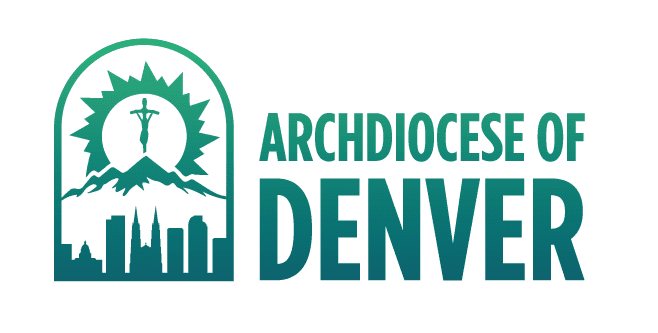What do I mean by a change in how we see?
It is an inescapable fact of human existence that we are destined to wrestle with the profound spiritual questions of life.
Who am I? Is there a God? How should I live? What will make me happy? Where am I going?
More than just knowing the “what” of the universe, we need to know the “why.” We want to know what it all means. At our core, we want to know the story.
Over the centuries, many philosophies, religions, and ideologies have claimed to have an inside track on that story or a unique response to those deep questions, yet each has merely represented humanity’s best guesses on possible answers, our own attempts to arrive at understanding.
What is fundamentally unique to Christianity is our claim that The Story we proclaim is not the result of human thinking alone but has been revealed to us by God.
Our earth-shattering profession is that God himself has provided answers to these questions that are rooted in our being. Revelation, found in Sacred Scripture and Tradition, gives us the answer. These present not disconnected individual lives, but a story of salvation – the Father’s love for humanity. More than a confusing collection of disparate books, if you have eyes to see, you discover in the pages of the Bible a narrative, told by God to humanity, of why he made us, what happened to interrupt his plan and how he came to win his world back.
The most startling feature of this Story is that it really happened. It is the recounting of God’s acting in history, which has first been experienced, testified to, and then proclaimed.
Too many Catholics, however, go their entire lives without ever being clear on this narrative, without it being presented systematically and compellingly. Even lifelong Catholics receive Communion, baptize children, get married, and go to Mass every Sunday without ever really coming to a deep awareness of the point of it all. They have questions that go unanswered.
Why is there something rather than nothing? Why is everything in the world so obviously messed up? Has God done anything about it? Why does the Church exist, at all?
If we want answers to these questions, we need to know The Story.
This is why, as your pastors and priests told you this weekend, from the Feast of Christ the King through Christmas, the entire Archdiocese of Denver is going on retreat together. The goal of this retreat is simple but profound to learn our Story and what it means for our lives and the life of the Church.
The content of this retreat will be delivered in homilies each Sunday, systematically unpacking the story of salvation and leaning on four key terms to guide its telling – Created, Captured, Rescued, Response.1
This Story will elicit wonder at the fact that God Created the unfathomably huge universe simply out of love and created each of us out of delight at the possibility that you and I would exist. The crowning achievement of his creation is man and woman, created in his image and likeness and given the blessing of procreation.
It will unpack how the original blessedness we were made for was lost when humanity was Captured, sold into slavery to sin and death by our first parents, Adam and Eve. When “tempted by the Devil,” they “lost trust in [their] Creator.” (CCC 397). This condition of sin, into which we were sold, is more than just a separation from God; it means we are held in captivity by powers far beyond our control. We have no hope of saving ourselves.
But God did not leave us in captivity. The Story will continue when immediately after the Fall, in Genesis 3:15, God tells us of the woman’s “offspring” who will come and crush the head of the Serpent. Jesus, himself the Son of God and our Redeemer, is sent by the Father to bring “liberty to captives” (Lk 4:18) and bring us home. He became man to Rescue us from sin and death and conquer all that binds us.
This Story leads us to the critical question at the heart of all of our lives: if God did all of this, how should I Respond? Where would your gratitude for someone who saved your life lead you? And, importantly, if others were still lost, even unaware of having been captured, would you feel compelled to be part of helping them to experience freedom?
This proclamation of what God has done in Christ, known in theological circles as the kerygma, is meant to do more than be an interesting re-telling of events that happened in the distant past. As this narrative is unpacked over these six weeks, my hope is that all Catholics in our pews have a chance to be “overwhelmed and brought to the decision to entrust [themselves] to Jesus Christ by faith” (CT 25) so that this story will begin to shape the way we see our lives and the entire world.
1 These terms are borrowed from Fr. John Riccardo’s presentation of the Gospel in his retreats and writing. I have been blessed to be working with Fr. John and his apostolate Acts XXIX for the last year. I recommend his book, “Rescued: The Unexpected and Extraordinary News of the Gospel” for going deeper on these concepts.


